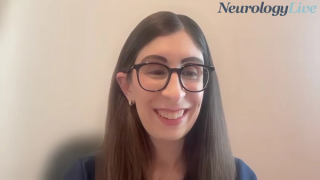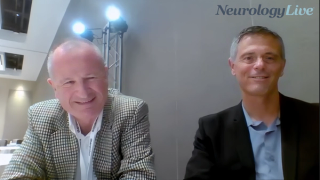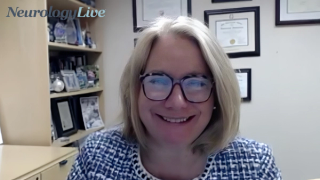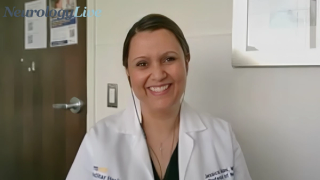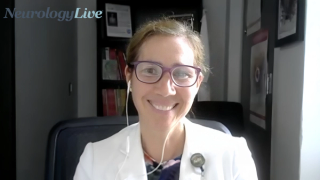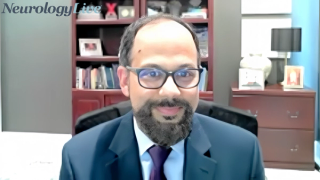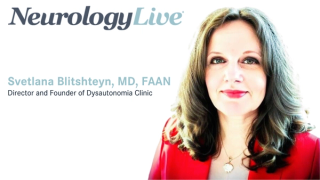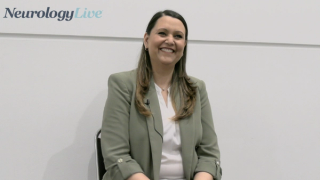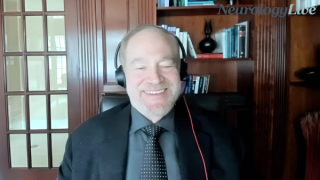
Migraine
Latest News

Latest Videos

CME Content
More News

Adjusted models confirmed a consistent negative correlation between serum vitamin D and migraine prevalence, with statistical significance (P < 0.05) across all analyses.
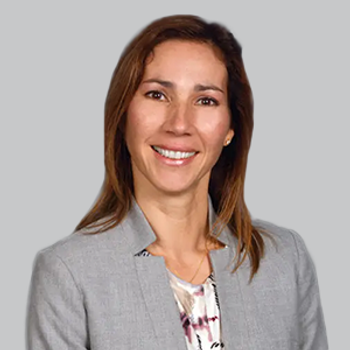
Specialized teams at the AHN Headache Center, in Pittsburgh, Pennsylvania, offer crucial diagnoses and novel therapies for patients with migraine.

Early data from the pilot RELIEV-CM trial showed significant reductions in headache and migraine days, with 56% of patients showing a 50% reduction in symptoms at 4 weeks, and 100% at 12 weeks.
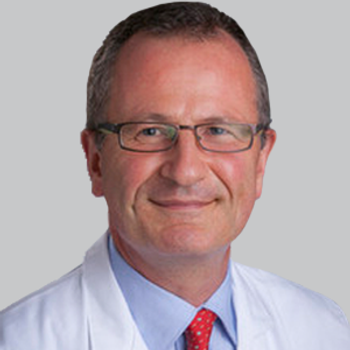
Nerivio, a nondrug option for acute migraine attacks and prevention of migraine with or without aura, has been FDA-approved for several years in adolescents aged 12 and older as well as adults.
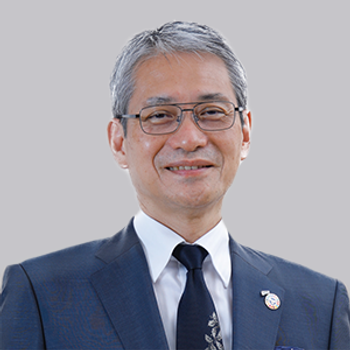
STS101 showed promising results in previous trials, with significant pain relief and minimal adverse events reported, reinforcing its potential as a viable treatment for patients with migraine.
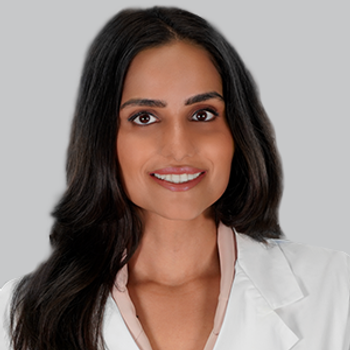
Transition to college life poses unique challenges for students living with migraine, and a comprehensive checklist helps ensure they are prepared for this critical phase.
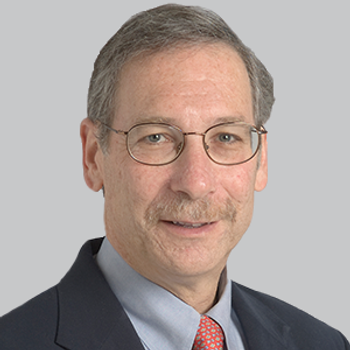
AXS-07 has been supported by data from 2 major phase 3 trials in which treatment with the agent led to significant reliefs in pain freedom, the most bothersome symptoms, and acute medication use.

Test your neurology knowledge with NeurologyLive®'s weekly quiz series, featuring questions on a variety of clinical and historical neurology topics. This week's topic is on chronic migraine.

The director of the MedStar Georgetown Headache Center talked about results from an analysis on the DELIVER study assessing response rates of eptinezumab in patients with migraine over an 18-month period.
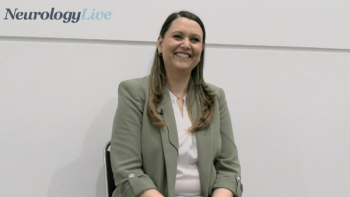
The director of the MedStar Georgetown Headache Center talked about an intravenous migraine treatment that could offer long-term relief for most patients who respond well to the initial dose. [WATCH TIME: 5 minutes]
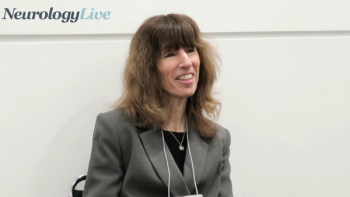
The assistant professor of neurology at Harvard Medical School talked about integrative therapies that may offer promising alternatives to traditional treatments for aiding neurological conditions. [WATCH TIME: 5 minutes]
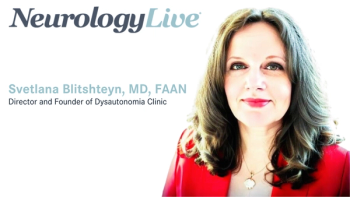
The director of Dysautonomia Clinic discussed neurological manifestations of Long COVID, such as headache, cognitive complaints, and sleep problems, and how they are similar to those seen with migraine comorbidities. [WATCH TIME: 5 minutes]

Allison Verhaak, PhD, a clinical psychologist from Ayer Neuroscience Institute at Hartford Healthcare Headache Center, shared her insights on a recent study that explored cannabis use among patients with headache and migraine.
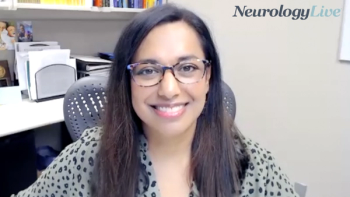
The associate professor in the department of neurology at Mayo Clinic College of Medicine talked about the significant disease burden experienced by patients with migraine even as therapeutics have advanced for the condition. [WATCH TIME: 8 minutes]

The director of Dysautonomia Clinic talked about the often overlooked triad of dysautonomia, hypermobility spectrum disorder, and mast cell activation syndrome in the field of headache medicine.

The director of Dysautonomia Clinic talked about the importance of focusing beyond migraine to address often overlooked comorbidities such as dysautonomia, hypermobility spectrum disorders, and mast cell activation syndrome. [WATCH TIME: 10 minutes]

The assistant professor of neurology at Harvard Medical School provided thoughts on the need to increase awareness on cranial neuralgias and the importance of the diagnostic process for this condition.

The assistant professor of neurology at Harvard Medical School detailed his recent review involving the diagnosis and management of posttraumatic headache with associated cranial neuralgias.

The assistant professor of neurology at Harvard Medical School discussed the motivation behind uncovering more about painful cranial neuralgias and their association with posttraumatic headache.

The duo from Cleveland Clinic stressed the reasons for conducting real-world data assessing migraine treatments and why it can lead to the ultimate goal of treatment optimization.
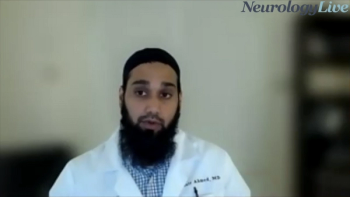
The neurologist from Cleveland Clinic discussed the importance of studying real-world outcomes in patients with migraine using CGRPs such as eptinezumab.
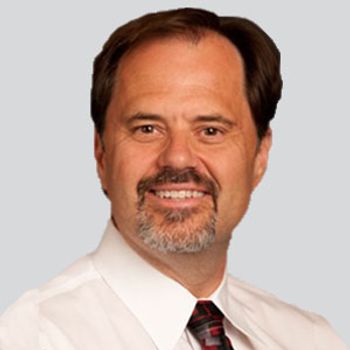
Use of prescription preventive medication was reported by less than 10% of participants throughout 3 years of follow-up after the completion of the CHAMP trial.
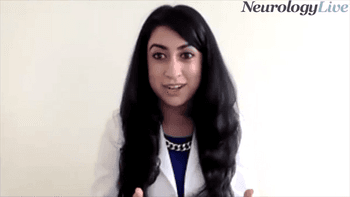
The headache fellow at Cleveland Clinic outlined the design and reasoning for a new study assessing nerve blocks to treat COVID-19 headache.
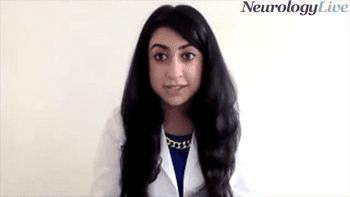
The duo from Cleveland Clinic discussed their presentation from AHS 2021 regarding the effects of COVID-19 on access to telemedicine visits among minorities.
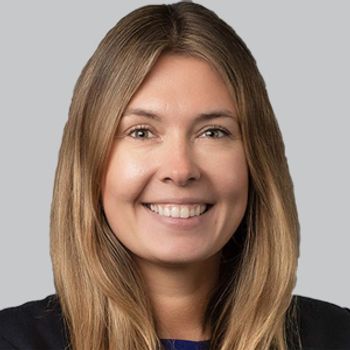
The pediatric headache specialist at NYU Langone discussed adjusting management approaches to pediatric headache and the current state of research within the space.




